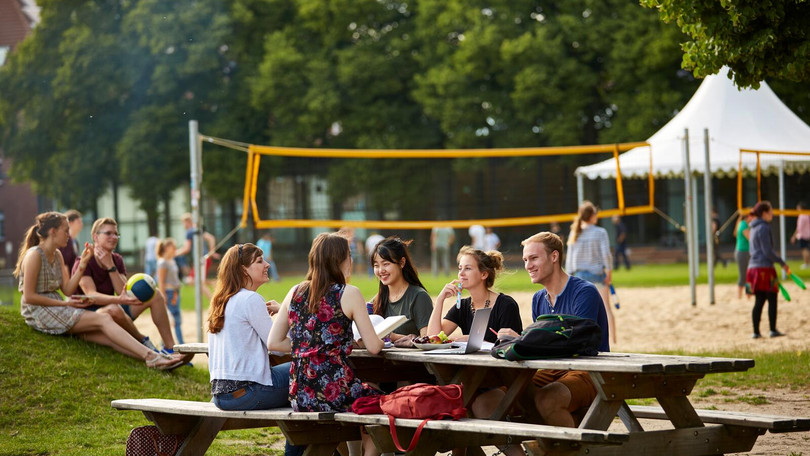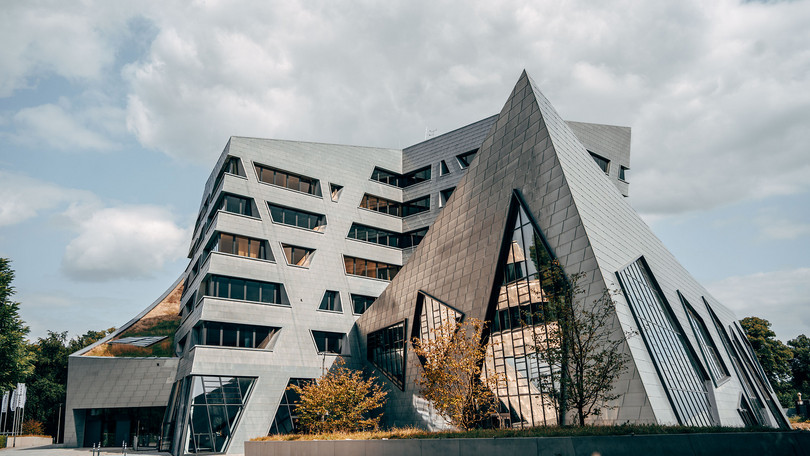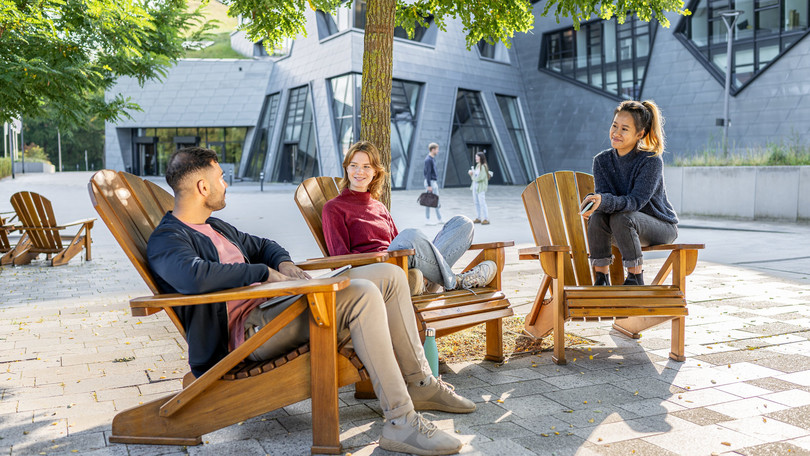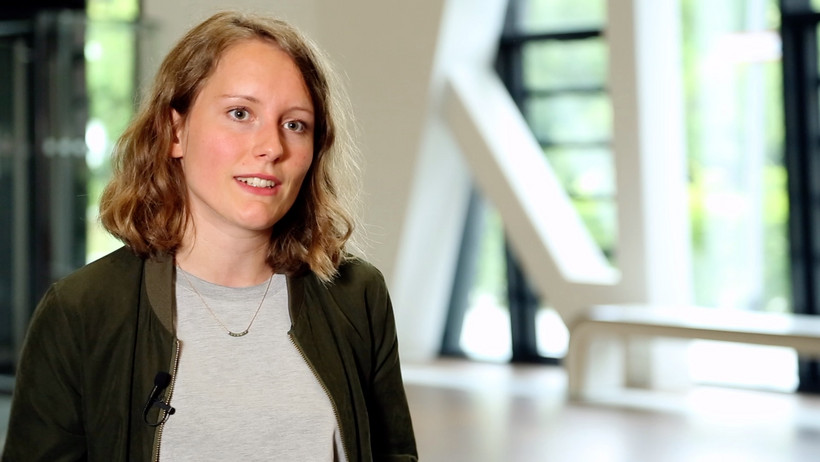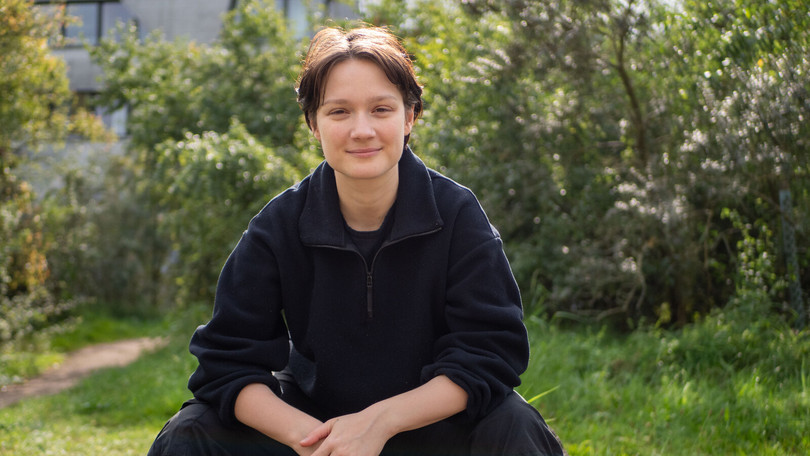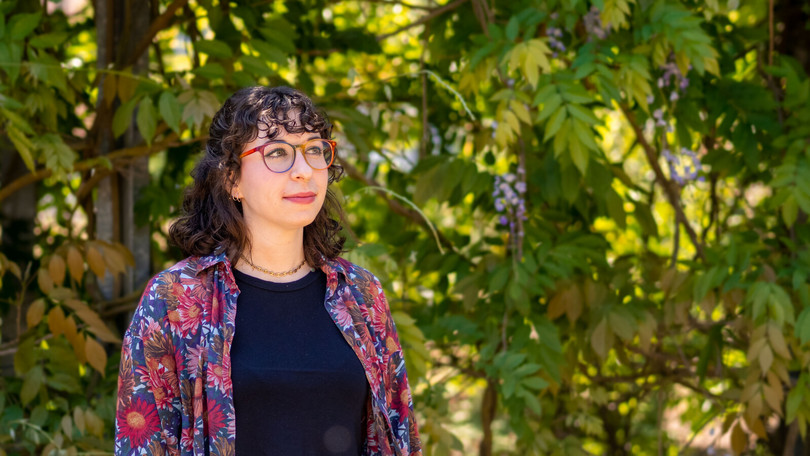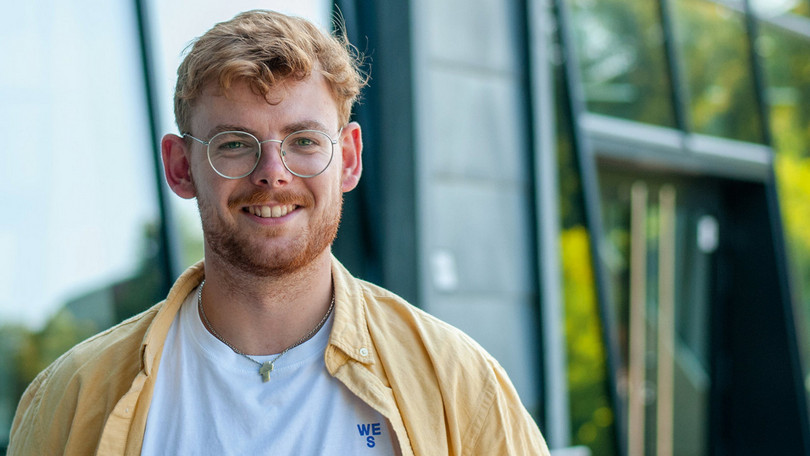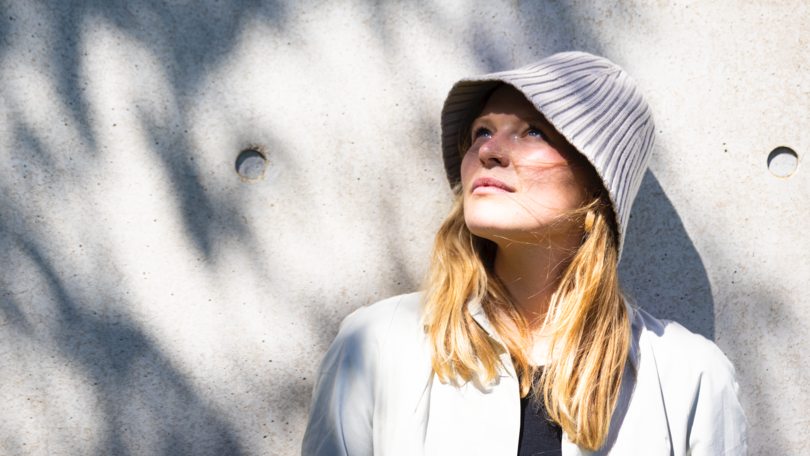Cultural Studies: Culture and Organization
masters programme
How are art and culture organized? Why and how are art, creativity and diversity important to ideas and practices of organization and entrepreneurship? How are urban creative spaces and industries designed and atmospherically experienced? And how do digital media change the way we work and interact?
This cutting-edge Master's programme is dedicated to the relationship between culture, the arts and organization. Uniquely, it is both theory-driven and practice-based, combining dialogical teaching with fieldwork-based learning.
The programme introduces cultural and sociological theories as critical lenses for studying contemporary organization and organizing. On this basis, students learn to engage empirically and analytically with organizational and entrepreneurial practices in different sectors, systems, fields and industries of arts and culture.
As a distinct feature, the Culture and Organization Masters is situated at the intersection of the organization of culture and the arts and what is called the ‘culturalization’ of organizations.
With modules dedicated to cultural and artistic fields, institutions and digital networks, the programme studies culture and organization as an empirical setting and through field work.
The present and future practices of work and organization are investigated in their urban, institutional and networked contexts. Culture and the arts, and cultural theory, are therefore studied as critical agents for understanding and shaping our organizations and society.
At a Glance
- Degree awarded: Master of Arts, MA
- Application deadline: EU degrees: 1 June / Non-EU degrees: 1 May
- Highlights: Culture and the arts as organizational phenomena; theory- and practice-based teaching and learning; educating reflective practitioners for a career in scholarship, cultural organizing or cultural leadership
- Is aimed at: Graduates of sociology, management and the wider field of social science, cultural studies and the arts
- Type of programme: Consecutive, restricted admission (entrance interviews)
- Study places: 25
- Start date: Every winter term, October
- Extent: 120 ECTS
- Duration: 4 semesters
- Language: English, some electives in German
- Location: Lüneburg
- Semester contribution: approx. 450 EUR
Culture and Organization – The Programme
Content
The courses introduce students to cultural sociology, the sociology of arts and culture, the study of digital cultures and new forms of organizing and of management and cultural entrepreneurship. Steeped in the tradition of sociology and cultural studies, the programme takes a pronounced international approach and engages with up-to-date research and methods. The programme is fully taught in English; in addition, further electives are offered in German.
The Master's programme approaches culture in two ways – as an empirical setting and as a critical and conceptual lens. Students learn to study and understand different institutions and organizations in cultural and artistic sectors (from urban movements to the creative industries and network culture). Importantly, they learn to investigate different organizational modes, entrepreneurial and social practices and technologies and discourses that shape these institutions and organizations through fieldwork-based and artistically inspired approaches. Employing a broad understanding of culture as a lens, the Masters also mobilizes cultural and social theories in order to critically reflect on how organizational practices and discourses are shaped by cultural and technological transformations.
This comprehensive approach to culture and organization is based on longstanding research traditions and current research projects at Leuphana University. The programme is run by the Faculty of Humanities and Social Sciences in cooperation with the Faculty of Management and Technology, and with local and international partners in the cultural and university sectors.
Structure
There are four components to the Culture & Organization programme. In the core area of study, students explore key topics in the fields of organizing culture and the arts, cultural entrepreneurship and interventions, digital media and cultural sociology.
There are also three complementary components: electives, integration modules and Complementary Studies. The electives allow students to both focus and broaden their study of culture and organization, e.g. with courses on organization theory, queer and gender studies, phenomena of migration and mobility, studies of media and technology, art theory, entrepreneurship or business studies. The integration modules for cultural studies bring together students from all Master's programmes at the School of Culture and Society to study and debate the history of, and current debates in, cultural theory. The Complementary Studies enable students to deepen their studies methodically and conceptually, and to supplement them with cross-programme perspectives from all faculties. Together, these four components prepare students for writing their research-based Master's thesis.
Here you can find further information on the course content of the Master's programme Cultural Studies: Culture and Organization.
Master's Thesis/Master's Forum
During the fourth semester of their Master's programme, students embark on their thesis. Theses link advanced theories to an in-depth engagement with core empirical phenomena of culture and organization. A dedicated Master's Forum brings all students together with teaching staff and is a space in which students can present their work in progress, learn about methods, and receive peer-to-peer feedback. As a collective process organized around thesis-writing, students will share their experiences and receive regular support from peers and teaching staff: the thesis is not simply an individual challenge.
Study Regulations and Subject-Specific Schedule
The following link provides access to documents which set out the general conditions for examinations, an overview of the curriculum, as well as detailed and legally binding regulations.
General Assessment Regulations and the Subject-Specific Schedules
Teaching Personnel
Programme Director
- Prof. Dr. Timon Beyes
Deputy Programme Director
- Prof. Dr. Armin Beverungen
Lecturers
- Prof. Dr. Boukje Cnossen
- Prof. Dr. Serhat Karakayali
- Dr. Lisa Conrad
- Dr. Maximilian Schellmann
- Dr. Lydia Jørgensen
 ©Courtesy of the artist and Petzel, New York.
©Courtesy of the artist and Petzel, New York.
Studying Abroad
You can integrate a stay abroad into your studies in the 3rd or 4th semester, either as part of the Erasmus programme + or with one of our non-European partners. There are around 30 faculty-related exchange programmes to choose from. You can find more information on the partner universities on the pages of the International Center. In addition, there is a study program–specific cooperation with the University of Groningen and Ca' Foscari University of Venice.
In addition, there are programme-specific international cooperations such as the European Haniel Program on Entrepreneurship and the Humanities (bringing together students and faculty from Bristol, Copenhagen, Lüneburg, Paris, St.Gallen and Venice), and an annual joint seminar with the Universiy of St. Gallen’s programme in Management, Organization Studies and Cultural Theory (MOK). Further specific international cooperations are in preparation.
Double Degree Programme with the University of Genoa
As part of a German-Italian partnership with the University of Genoa, students can choose to spend the second year of their Masters at the Università degli Studi di Genova and acquire two Master's degrees (Double Degree) in two years on the basis of a specially coordinated curriculum.
- Click here for more information on the double degree programme
Career Prospects
The Master's programme gives students an understanding of the way in which organization fundamentally conditions culture and society, and it teaches methodological and analytical skills for research into the discourses, practices and technologies of organization. The programme provides practice-based knowledge of, and competencies for, organizing culture, and teaches students transferable skills in communication and teamwork. All of these capabilities and skills are in high demand in a wide range of occupations.
The programme is suitable both for students seeking to pursue an academic career and for those who would like to take on responsible roles in the cultural and creative industry, in the arts, in the media, in the public sector, in urban development or in foundations and charitable organizations.
Qualified students with a particular interest in research have the option of simultaneously registering for the Doctoral Track. Combining the Master's and doctoral phases offers students a unique opportunity to join the scholarly community at very early stage. Doctoral students in the Doctoral Track programme are members of one of the Faculty's doctoral research groups in cultural studies.
On the Leuphana Career Service website, you will find numerous job offers for student jobs, internships, career entry, or topics for your thesis from companies, research institutions, and non-profit organizations that are specifically aimed at Leuphana students and graduates. In addition, you will find job offers and student jobs within Leuphana University.
Impressions of the Programme
Doctoral Track
As a student in our programme, you have the opportunity to start your doctorate early via the Doctoral Track.
Thus, you to become part of the scientific community of our doctoral research groups at an early stage, giving you the unique opportunity to combine your Master's and doctoral studies and, with your doctorate in sight, to obtain your Master's degree en-route.
Admission Requirements and Application
You can find all information about the admission and requirements, the application and the selection procedure on our "Admissions and Requirements" page.
Depending on when you submit your application, the selection interviews for the Culture & Organisation study programme will take place on one of the following dates: 23rd, 24th March, 22nd May, 18th-22nd June or 14th July 2026. The purpose of the interviews is to gain a personal impression of your interests and motivation, as well as your suitability for the Master's programme in Culture & Organisation. This can earn you up to 18 additional points in the selection process, improving your chances of securing a place in Lüneburg. The 20-minute interviews are conducted online and in English. Invitations to the selection interviews will be sent by email approximately one week before the interviews. No preparation is necessary.
Additional Links
International Students
This study programme matches your interests? Then you will find further information for prospective international students on residence and social matters, such as visa, residence permit, health insurance or finding accommodation, on the following pages.
Please note that the information for incoming exchange students and international degree-seeking students differs slightly.
Contact and Counselling
First contact point
The Information Office (Infoportal) is your contact point for
- general information on the application procedure
- initial questions about the study programmes offered at Leuphana
- making an appointment with the Graduate School Student Counselling Service.
Information Office
Building 8, Ground Level
Fon +49.4131.677-2277
studierendenservice@leuphana.de
Campus opening hours
Mon - Thu 9.00 am - 4:00 pm
Fr 9.00 am - 12 noon
Student Counselling
To make an appointment with our Student Counselling Service, please use our booking tool on our website.

